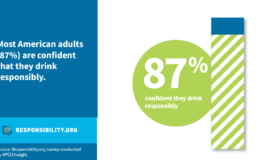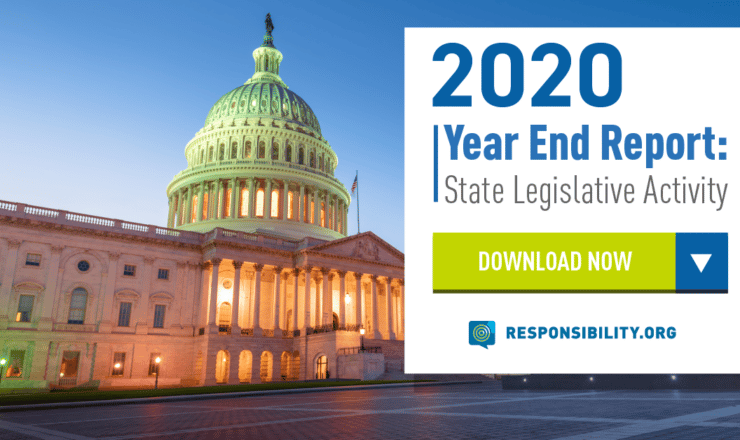Expansion of DWI Courts: Behavior Change that Saves Lives
Repeat or high risk/high need drunk drivers pose a tremendous risk to public safety. In many instances, these offenders are processed through the criminal justice system only to recidivate and return. The recognition that we need to stop this revolving door combined with the fact that these offenders tend to have underlying issues (such as substance use or mental health disorders) has led to a paradigm shift with increased focus on addressing individual risks and needs. In order to accomplish this effectively, these DWI offenders must be adjudicated and supervised in an environment that balances both accountability and rehabilitation.
This approach to dealing with offenders who have substance use problems was first adopted with the establishment of Drug Courts in Miami-Dade County, Florida back in 1989. It was several years later that we applied this model to a DWI offender population in Albuquerque, New Mexico. At the time, New Mexico was one of the worst, if not THE worst state in the nation, per capita, for DWI fatalities. The concepts, theories, and procedures were so logical that we began seeing signs of success immediately upon commencing the program. Two years later, the Department of Justice examined our program and the National Association of Drug Court Professionals (NADCP) followed that by naming our program as the first and only DWI Mentor Court in the United States.
As a former DWI Court judge and the current Senior Director of the National Center for DWI Courts (NCDC), I am very pleased to announce that NCDC is engaged in an effort to expand the use of DWI Courts with the support of and in collaboration with the Foundation for Advancing Alcohol Responsibility. Over the course of the next 3 years, we will work with policymakers and practitioners in 50 states to overcome barriers to the use of these specialty courts. I am confident that our combined efforts will result in the growth of this proven countermeasure.
What exactly are DWI Courts? In a nutshell, they are specialized, comprehensive court programs that provide a structure of appropriate treatment, supervision, and accountability. A team approach is utilized as judges, prosecutors, defense counsel, law enforcement, probation officers, treatment practitioners, and other involved stakeholders work together with court participants. These courts target high-risk/high need, repeat offenders and are designed to change behavior and thus, reduce recidivism. The long-lasting results that are achieved through participation in these courts ultimately save lives.
A large body of research supports these assertions:
- A Michigan study of three DWI courts found that participants were 19 times less likely to be re-arrested for another drunk driving offense during a two-year follow-up period than offenders processed through a traditional court (Fuller et al., 2008). DWI Courts were also determined to be cost-effective and efficient in the adjudication and supervision of offenders.
- An evaluation of three Georgia DWI Courts funded by the National Highway Traffic Safety Administration (NHTSA) found that DWI Court participants had a recidivism rate of 15% (this includes participants who were terminated from the program in addition to those who graduated) compared to a recidivism rate of 35% among DWI offenders who were processed through traditional courts (Fell et al., 2011). It is estimated that DWI Courts prevented between 47 and 122 repeat DWI arrests over a four-year period.
The empirical evidence of DWI Court effectiveness has garnered the support of many agencies and has increased the demand for their use. As Senior Director of NCDC, I am dedicated to delivering research-driven practices to reduce impaired driving recidivism nationwide. As part of this mandate, I seek to not only improve DWI Court operations and maintain standards to the Ten Guiding Principles, but also to expand DWI Courts across the country. As of December 2013 there were 237 DWI Courts and 436 hybrid courts (combination Drug/DWI Courts) in the United States. My goal is to increase this number such that there are DWI Courts available in every locality to address the problem of hardcore drunk drivers.
To learn more about DWI Courts, visit www.dwicourts.org.
If you are interested in expanding DWI Courts in your state, please contact NCDC Senior Director, Judge J. Michael Kavanaugh: [email protected]
Judge J. Michael Kavanaugh
NCDC Senior Director
Bio: Honorable J. Michael Kavanaugh is a retired District Judge from Albuquerque, New Mexico. He now serves as the Senior Director of the National Center for DWI Courts (NCDC). As Senior Director, he raises awareness about the success of DWI Courts, provides training, technical assistance, and research to DWI Courts, and promotes the establishment of new DWI Courts nationwide. He went into private practice from 1989 until his appointment to the bench in 1991 and five years later he was elected Chief Judge of the Metropolitan Court. Judge Kavanaugh began one of the nation’s first DWI/Drug Courts in 1997 and was selected to serve on NADCP’S Board of Directors. His Drug Court was named the first DWI Mentor Court in the nation. He is a past recipient of the National DWI Leadership Award. Judge Kavanaugh received his law degree from the University of New Mexico in 1984.
*The views and opinions expressed in this blog are solely those of the author and do not necessarily reflect the views of the Foundation for Advancing Alcohol Responsibility (Responsibility.org) or any Responsibility.org member.*













